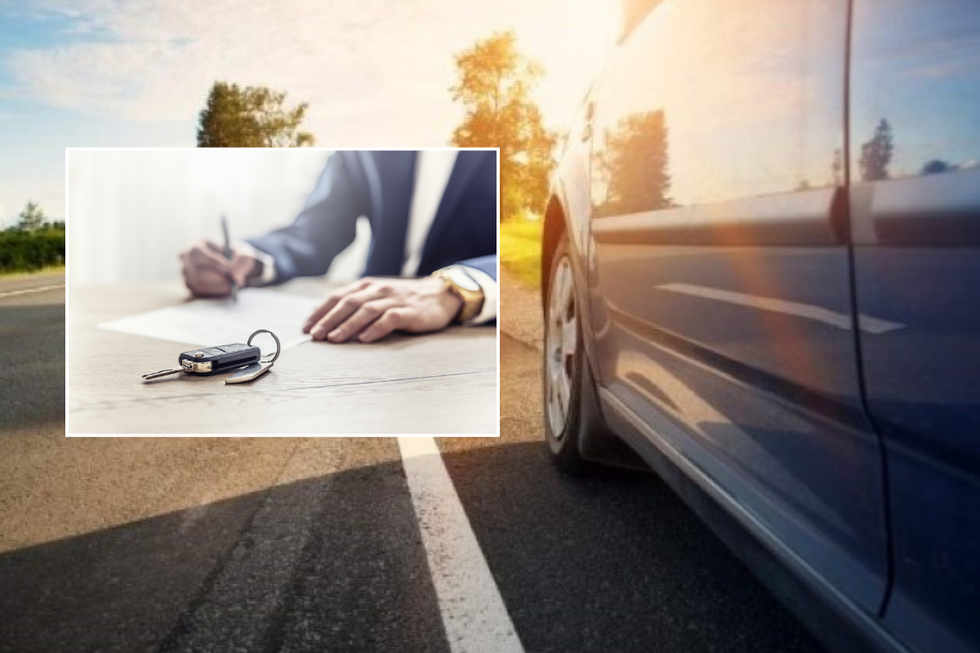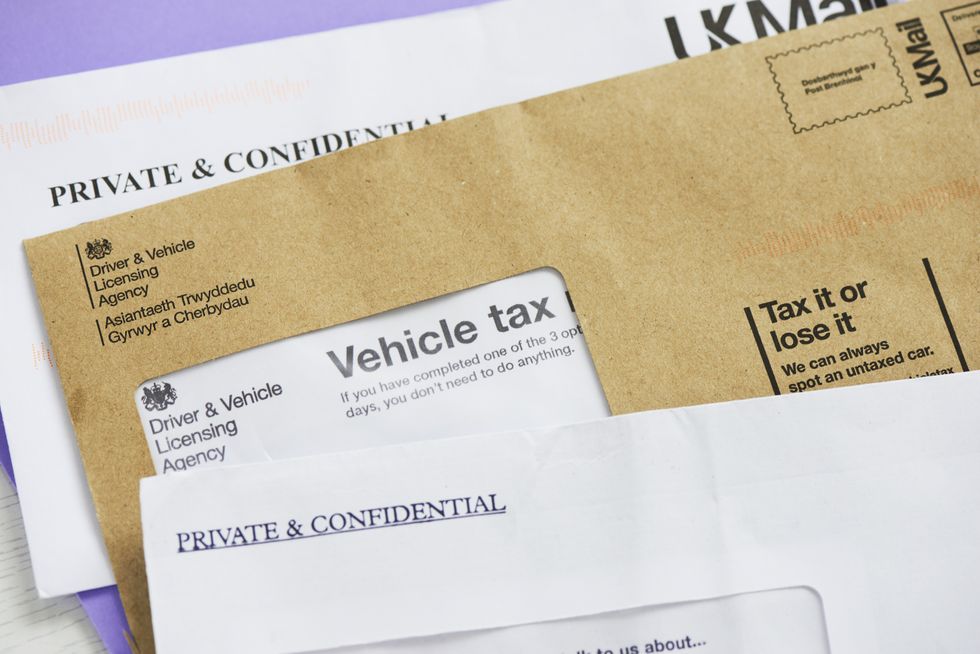Drivers with certain vehicles and disabilities have been urged to take advantage of tax reliefs in place which could help lower costs when purchasing a new car after Rachel Reeves hiked prices in the Budget.
Disabled wheelchair and stretcher users can benefit from VAT relief when purchasing specially adapted vehicles, according to HMRC records.
The zero-rate VAT relief also extends to eligible charities purchasing adapted vehicles for disabled persons’ use.
This tax relief applies specifically to motor vehicles that have been designed or substantially and permanently adapted for the carriage of wheelchair users or those who need to travel by stretcher.
Do you have a story you’d like to share? Get in touch by emailing[email protected]

Drivers with disabilities can apply for VAT discounts on modified vehicles
ABI/GETTY
The scheme forms part of broader VAT relief measures aimed at supporting disabled individuals and charities. Qualifying vehicles under the schememust not be capable of carrying more than 12 persons, including the driver.
HMRC defines a “qualifying vehicle” as any motor vehicle such as a car, light van, multi-passenger vehicle or motorhome that “has been designed, or substantially and permanently adapted to enable a qualifying person to travel in it.”
These adaptations must be necessary for the disabled person to travel in the vehicle, not merely optional modifications.
Motorhomes could also qualify for VAT relief although due to them being used as accommodation as well as a form of transport, more adaptations may be needed to enable the disabled wheelchair user to use the vehicle.
The provisions cover both vehicles designed to enable disabled persons to travel as passengers and those adapted to allow them to drive the vehicle themselves.
There is a three-year restriction on zero-rated vehicle supplies, meaning eligible persons cannot receive multiple VAT-free vehicles within this period.
However, exceptions exist if the previous vehicle has been stolen or destroyed beyond repair in circumstances beyond the disabled person’s control.
The restriction may also be waived if HMRC finds that the previous vehicle is no longer suitable due to changes in the disabled person’s condition. These rules apply to both domestic supplies and vehicle importations made after April 1 2017, according to HMRC.
The three-year countdown begins from the day the new vehicle is made available to the disabled person.
For the purposes of these regulations, a “reckonable zero-rated supply” refers to any vehicle supplied VAT-free under these provisions since April 2017.
Suppliers must provide specific documentation to HMRC when selling VAT-free vehicles to disabled persons.
HMRC documents detailed: “HMRC acknowledges that in some circumstances a disabled wheelchair user may be unable to purchase or drive a motor vehicle themselves, although the sale of an adapted vehicle to a person connected to them would directly benefit the disabled wheelchair user’s mobility.”
LATEST DEVELOPMENTS:
 Car tax hikes are expected to come into force in April next yearGETTY
Car tax hikes are expected to come into force in April next yearGETTYIt added: “Provided that the purchase is primarily for the domestic or personal use of the disabled wheelchair user rather than the personal use of the connected person and that all the qualifying conditions are met, zero rating can be allowed.”